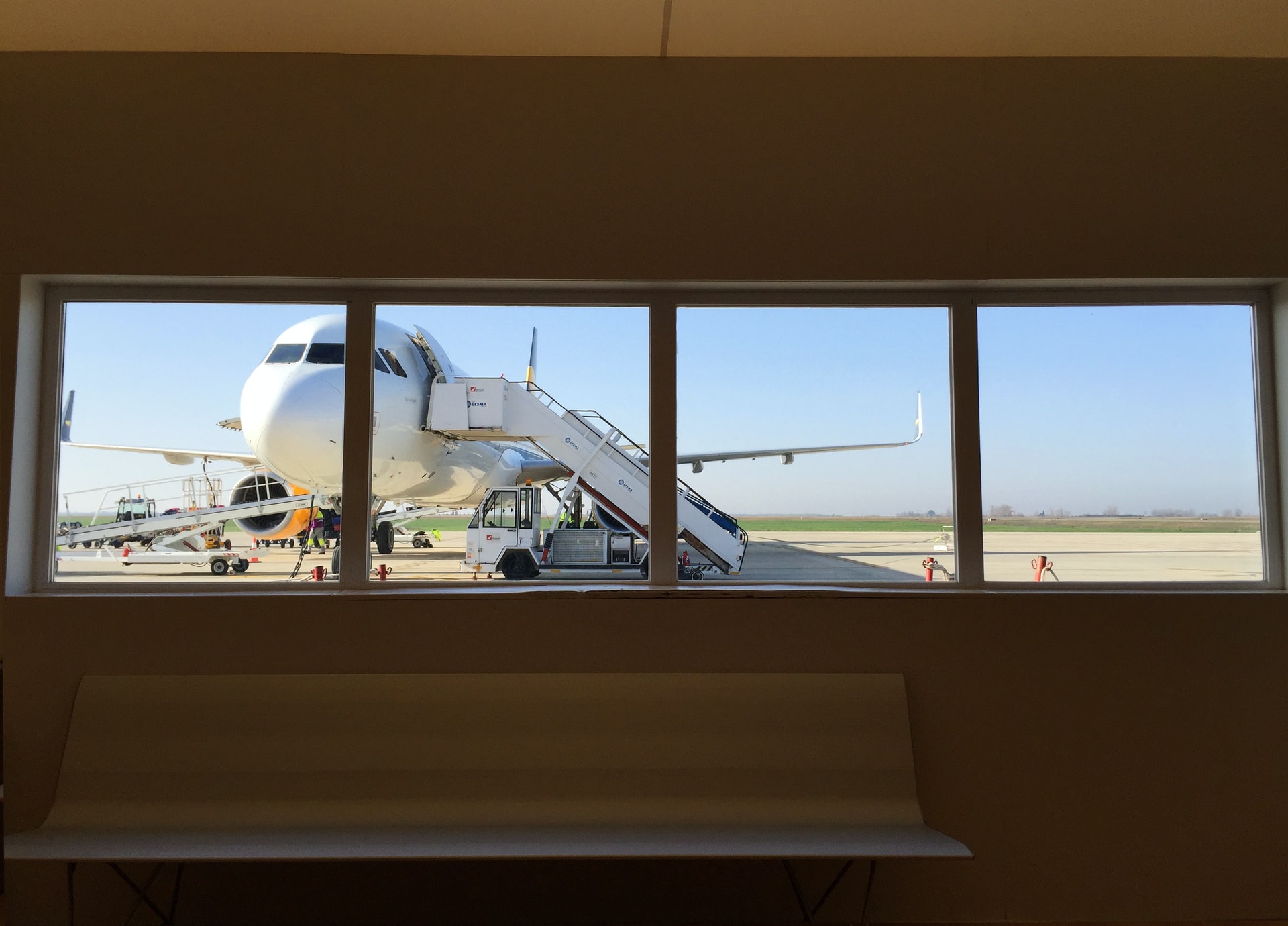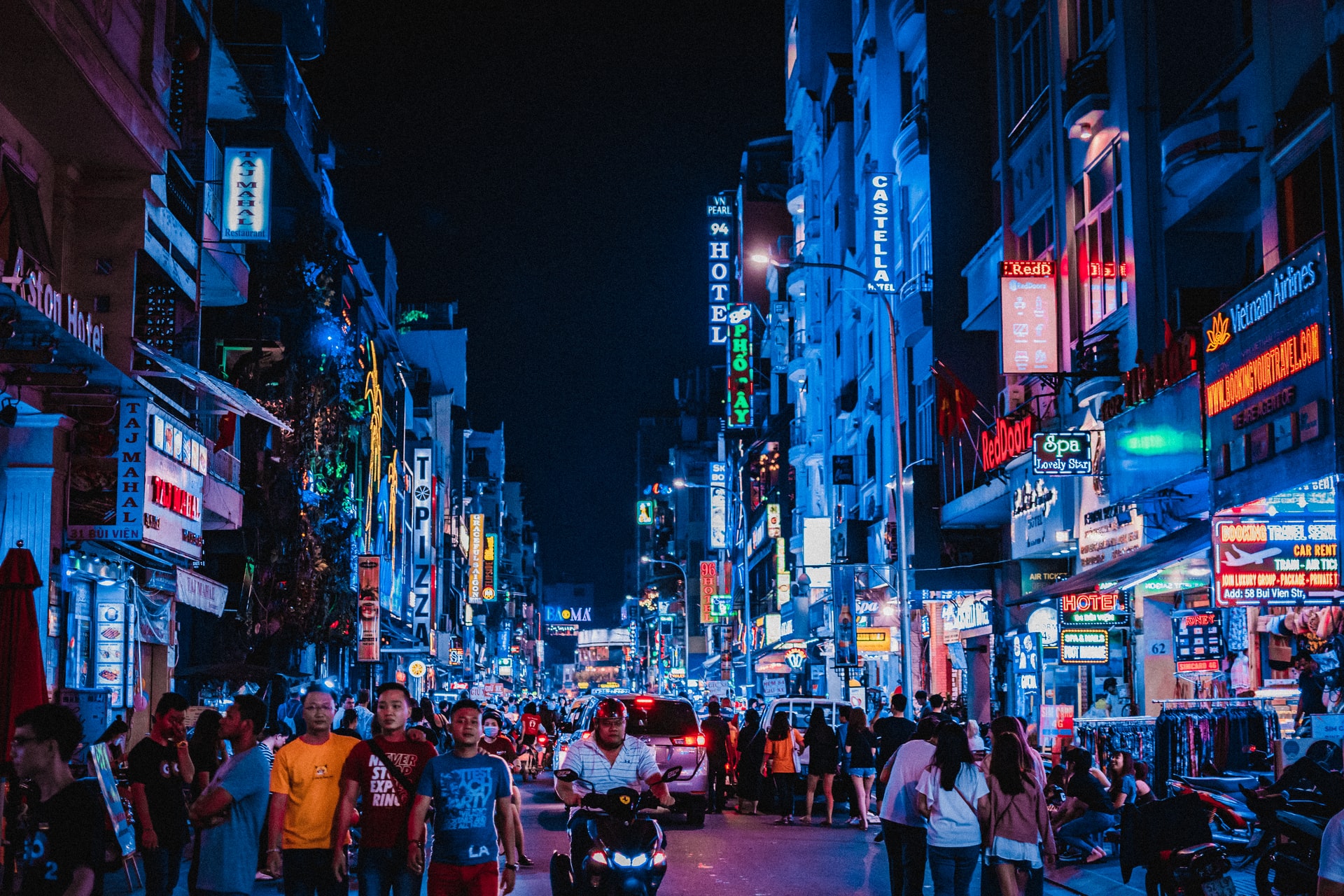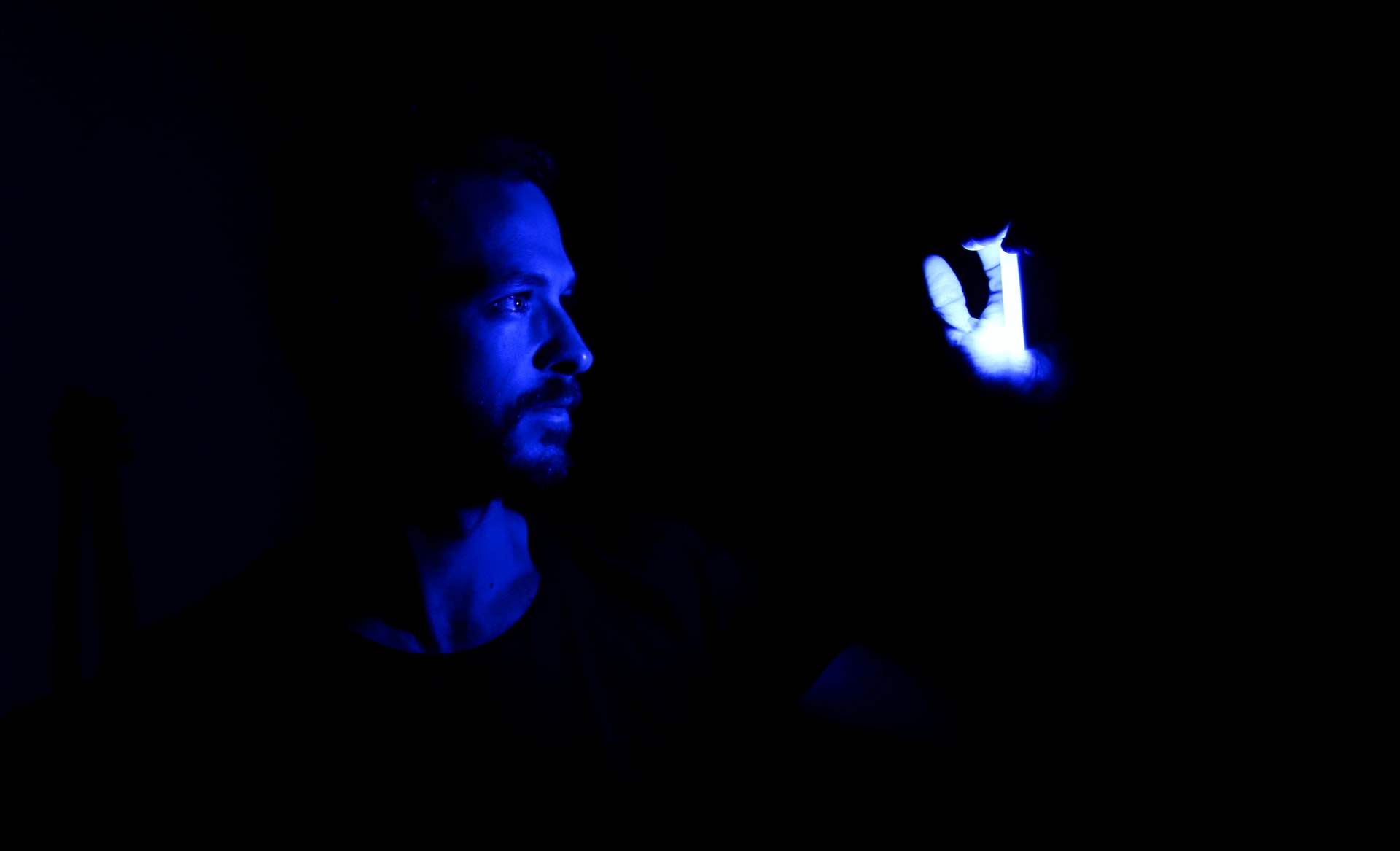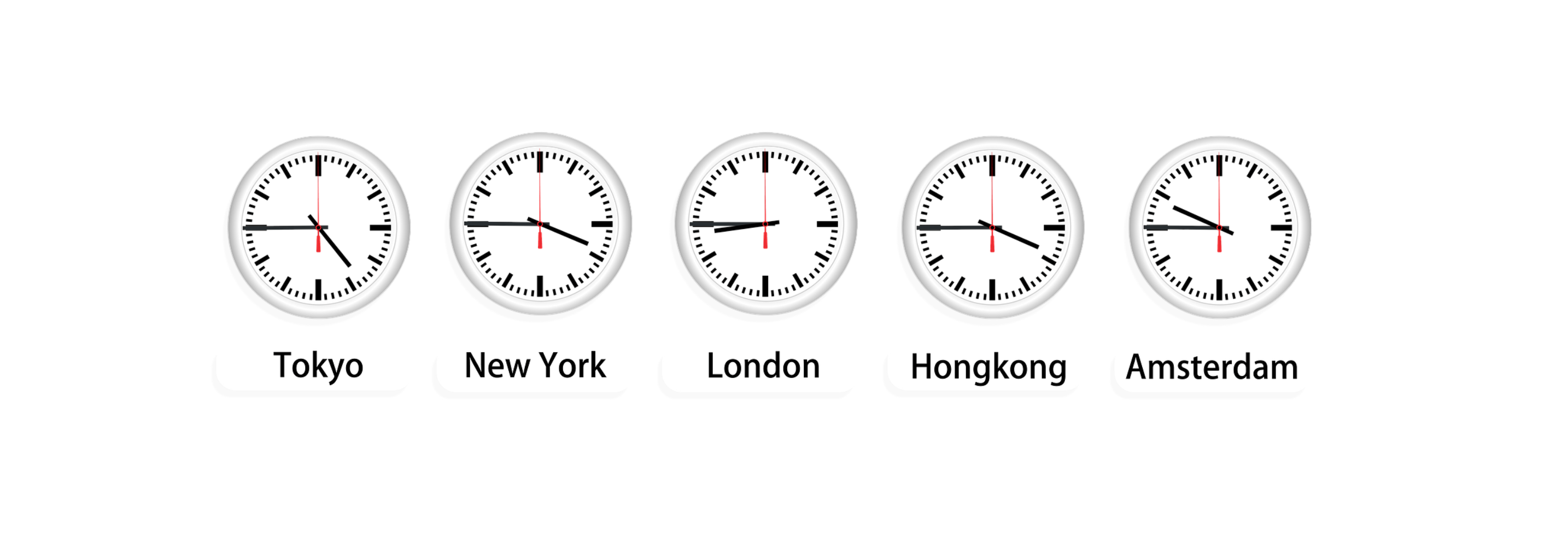How to Win Against Fatigue, According to an International Airline Pilot
Share
Reading Time: 6 minutes





Disclaimer: I’m a pilot, not a doctor. But over the past decade, I’ve racked up some serious hours of body clock confusion while traversing over 100 countries and states that I’ve been fortunate enough to pass through for work and/or play. To be honest, it has taken a pandemic and a therefore unexpected, semi-isolated sabbatical from burning the candle at both ends to really be able to step away from the jet lag for a few months. It’s only then that I realized how long it can take for a fog like that to clear. I’ve finally acquired a new normal, a new baseline for clarity. Fatigue can come gradually, in turn making it all the more difficult to identify and measure. We have all been tired for various reasons and to varying degrees. It can negatively impact workflow, our general mood, and motivation. But we need not fall victim to its devices if we have a better grasp of what jet lag is and how we can be proactive rather than reactive in mitigating it.

I learned a few useful things in a class I attended on Human Factors for my Master of Science in Aeronautics back in 2010 before subjecting myself to a decade-long, real-world study, documented solely by this article for your reading pleasure. An interesting statistic is the charted comparison of sleep deprivation against alcohol consumption – losing one hour of sleep is equivalent to one unit of alcohol consumed. Lose half a night’s sleep and you’re well on your way to being tipsy. No, this isn’t me suggesting you pull an all-nighter to save on your bar tab. The goal here is to bring awareness to just how detrimental the lack of proper sleep can be on your performance. This is certainly not the way you would want to stumble headfirst into an important project (or in my case, flying three to four hundred passengers from one side of the planet to the other.)
Fatigue comes in two forms
– Acute fatigue can be shaken off with a few good night’s rest
– While chronic fatigue requires a lifestyle change to avoid a persistent degradation of cognitive and physical functioning.
It’s a rare opportunity to have work that allows you to explore exciting new worlds, but when the novelty wears off, all that remains is feeling depleted in a strange hotel room.
Often, living the remote worker’s dream means embracing the freedom of experiencing ever-changing landscapes. So how can we avoid dragging our feet between each new Instagram story that maintains our followers’ FOMO?

Routine is the Key
Routine is the key. This can certainly be a challenge when your routine is to not have a routine – a bit of a paradox, I know. For me, sometimes there is no way around working through the backside of the clock. Fortunately, for the typical remote worker, the ball is in your court. There are morning people, and there are night owls. Figure out which one you are, and prioritize work during those productive hours. Stay consistent. Your biology has evolved to expect this, allowing for less sleeping pills, fewer cups of coffee, and ideally, no more alarm clocks. I always assumed I was a night owl, but I’ve converted to mornings, waking up with the sun. It’s been a fantastic change. The blue light from the sun triggers your brain to wake up. For the same reason, you need to filter out blue light from your phone by utilizing that relatively new feature in your settings.
How to control blue light settings with iPhone
How to control blue light settings with Android

Timing is Everything
The first thing I ask myself before a trip is whether I plan to stay on origin local time or adjust to the destination time zone. There are trips where I experience a 12-hour time difference for one day, only to be back in my original time zone the next day. Therefore, the healthiest option is to stay aligned with my original body clock. Unfortunately, to accomplish this you may find yourself sleeping with blackout curtains during the day and eating throughout your new local nighttime. Sounds like loads of fun, right? Living the dream. But the tradeoff is avoiding your mental and physical state from becoming completely wrecked by tricking your body into believing it never left your original timezone.

The timing of sunlight exposure is the absolute cause of jet lag. There are various tools that help your brain cope, including glasses that either block or provide blue light, depending on your needs.
On average, it takes one day for every hour of time-difference to become fully adjusted to a new time zone. Keep this in mind when planning your approach to a new destination. If you plan on staying for a while, I suggest starting to adjust a few days before the trip. Share the love on both ends. This way your trip isn’t a complete loss.

Fuel your Body Accordingly
Your biology will be working extra hard to deal with this unnatural confusion. Modern travel is only possible through very recent technological innovation and has been a slap in the face to evolution’s more gradual approach to change. Consequently, we are left with human bodies lacking the tools to cope with rapid time zone crossings. We need to give our systems a fighting chance to adapt, as well as ward off any exotic illnesses you meet on your travels. A very common mantra of the fellow traveler is that finding healthy food on the go just isn’t practical. It’s absolutely possible. Try harder.

